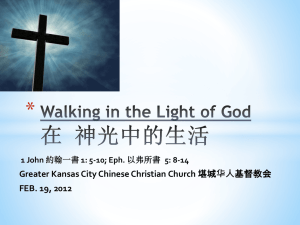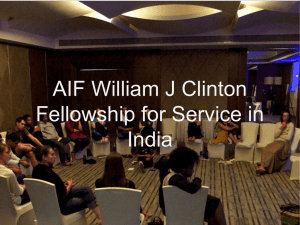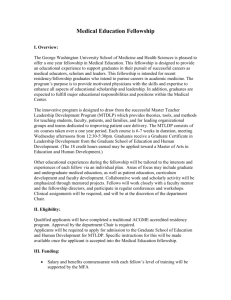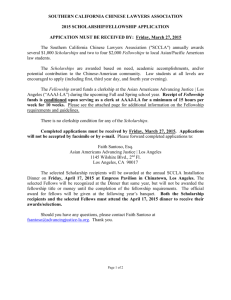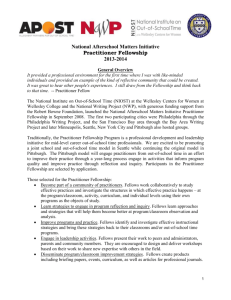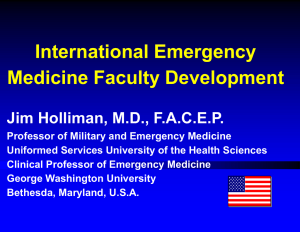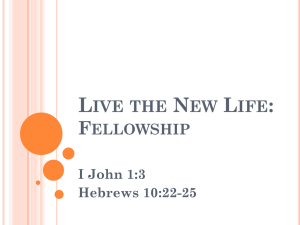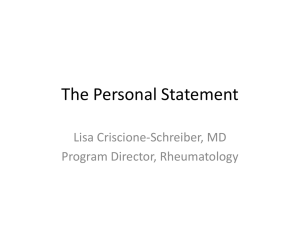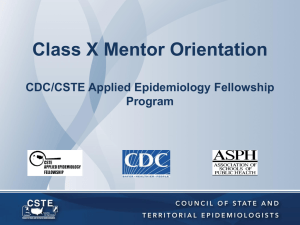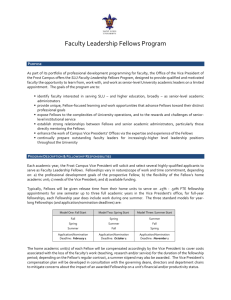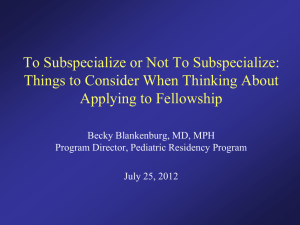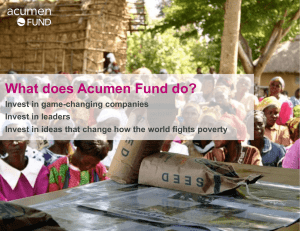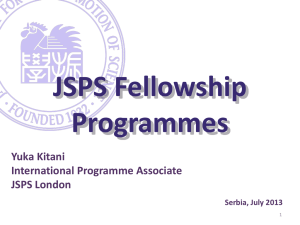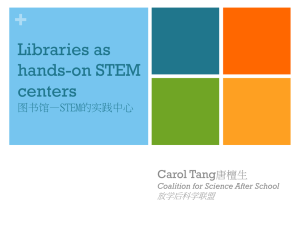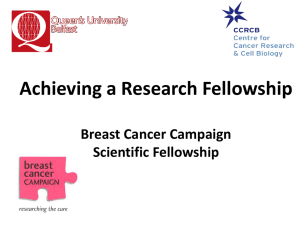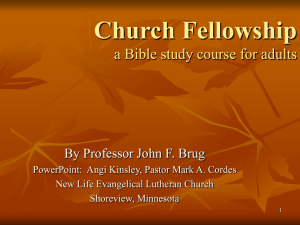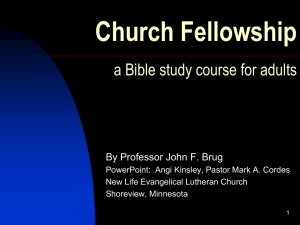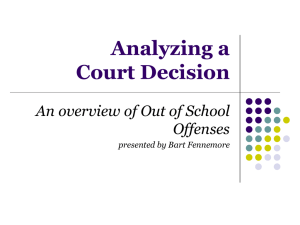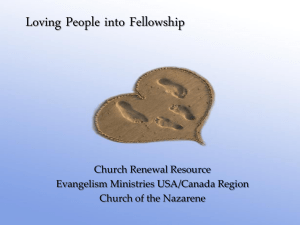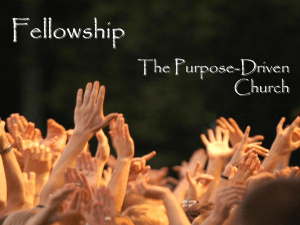Figure 9. Attention of Males and Females in High School Classrooms
advertisement
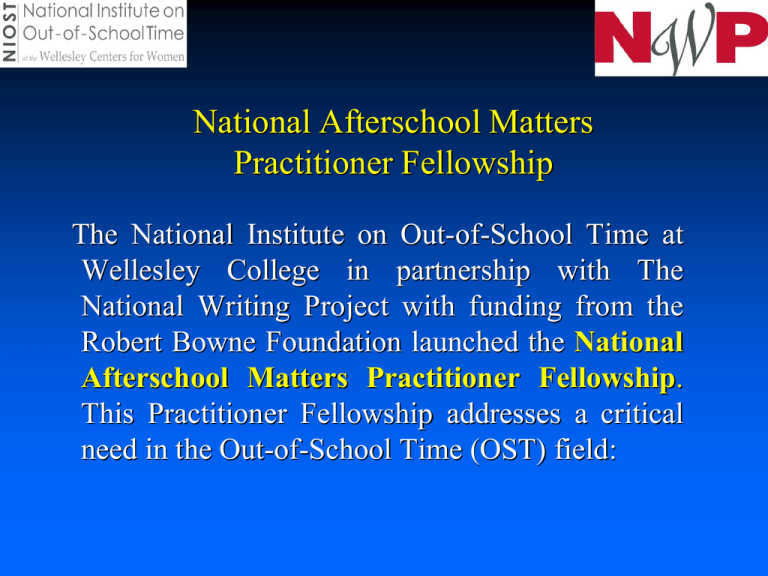
National Afterschool Matters Practitioner Fellowship The National Institute on Out-of-School Time at Wellesley College in partnership with The National Writing Project with funding from the Robert Bowne Foundation launched the National Afterschool Matters Practitioner Fellowship. This Practitioner Fellowship addresses a critical need in the Out-of-School Time (OST) field: To provide professional development for seasoned practitioners that promotes leadership and increases their capacity for program improvement and development. Other goals include: Supporting a community of practitioners to engage in inquiry and writing to explore effective practices and investigate the structures in which effective practice happens – at the program, activity, curriculum, and individual level. Disseminating and sharing a variety of program improvement strategies. End products might include: position papers, curriculum, or points of action of effective practice as well as articles for professional journals. Creating opportunities for in-service training and project development which will then be brought back to programs. The Practitioner Fellowship has been established in 6 cities: New York, New York San Francisco, California Philadelphia, Pennsylvania Minneapolis, Minnesota Seattle, Washington Pittsburgh, Pennsylvania City New York Year(s) 2003-2007, 2011-current Writing Project New York Writing Project Bay Area/SF 2008-2009 Bay Area Writing Project Philadelphia 2008 – 2011* Philadelphia Writing Project Minneapolis 2009 – 2011* Twin Cities Writing Project University of MN Extension Center for Youth Development Seattle 2010 – Current Puget Sound Writing Project School’s Out Washington Pittsburgh 2011- 2012* Western Pennsylvania Writing Project University of Pittsburgh Graduate School of Education *On hiatus Community Partner NYC Department of Youth and Community Development SF Department of Children, Youth and their Families Out of School Time Resource Center at the University of Pennsylvania Partner Roles • Writing Project Sites: -Helps to locate WP facilitator - Helps to identify funding, conduct fundraising -Outreach to and recruitment of fellows • Community Partners: -Outreach to and recruitment of fellows -Identifies potential OST facilitators, supports and supervises facilitators -Identifies or provides funding, donates space, and other in-kind services • National Institute on Out-of-School Time: -Selects Fellowship sites in collaboration with the National Writing Project and prospective funders -Handles all contracts and fiscal issues -Recruitment and outreach for Research Roundtables -Manages application process -Coordinates all site meetings -Supports facilitators, collects and develops project content and quality control National Writing Project -Identifies potential NWP sites -Administers flow-through funding for sites -Manages local logistics Facilitators - Create syllabus, develops materials - Facilitates fellowship, writing retreat and research roundtable • • TYPICAL FELLOWSHIP STRUCTURE 10-15 fellows are selected by application, and meet monthly in a facilitated group for a year. Activities include: • • • • Readings on action research, inquiry methods, or general articles about the OST field; Instruction on and practice in using inquiry methods and design of inquiry projects at participants’ own sites; Two day writing retreat during the spring Research Roundtable, at which Fellows present on their work to a wider audience of youth agency staff, funders, governmental officials and policy makers and other researchers. Fellowship Models Traditional: Out-of-school time practitioners from a range of afterschool/summer youth programs Mixed Model : Combining in-school teachers and out-of-school time practitioners Content Specific: Focusing inquiry in a particular content area, such as STEM Age Specific : Focusing inquiry on a particular age group, such as older youth Evaluation of the Fellowship 2010-2011 Methods: Pre/Post Fellowship online survey of participants in all of the sites (Seattle, Philadelphia, Minneapolis and Philadelphia) and focus groups with participants of mixed model site in Seattle. Findings: The benefits of participation: • Belonging to a professional community • The opportunity to step back and reflect on work • The opportunity to work with colleagues in a supportive environment • Improved programs • Increased knowledge of inquiry and action research FELLOWS’ INQUIRY TOPICS (2003-2010) 18 16 14 12 10 8 6 4 2 0 NATIONAL AFTERSCHOOL MATTERS PRACTITIONER FELLOWSHIP TIMELINE Month Activity Recruit fellows Send out application April – December Select Fellows Notes -Recruitment and selection of fellows is done in collaboration with NIOST -The sessions are 2x month until Dec. Begin monthly Fellowship meetings (September) Fellowship Continues -Fellowship begins to meet 1x a month (writing groups may meet an additional time during the month) Fellowship Continues -Plan for writing retreat and research roundtable January - February March - April May -Going semi-public event (optional) Writing Retreat Fellows submit their final product (i.e. a portfolio, paper, report, etc) June Research Roundtable September or October -Send out announcement/invitation for research roundtable For more information about the National Afterschool Matters Practitioner Fellowship, contact: Ellen Gannett, Executive Director, National Institute on Out-of-School Time, Wellesley College egannett@wellesley.edu 781 283 2547
